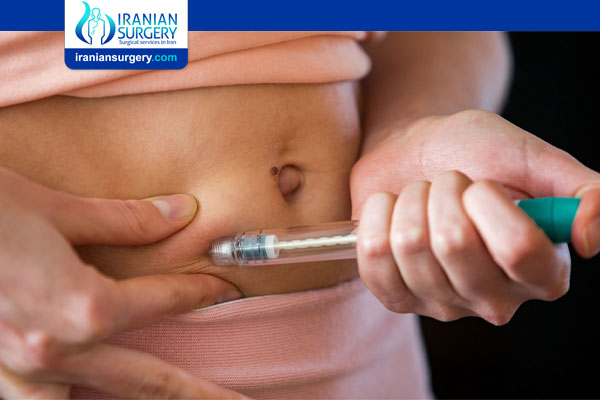What Cycle Day Do You Start Stims For IVF?
What Cycle Day Do You Start Stims For IVF?
Ovarian stimulation is the second stage of IVF fertility treatment. The goal is to harvest as many mature eggs as possible from the woman’s ovaries. Harvesting many eggs maximizes the chances one of the eggs can be fertilized, implanted back into the uterus, and become a healthy baby. Because the natural female reproductive cycle is incredibly complex, ovarian stimulation is also a complicated process. An IVF cycle can be stressful, especially when you’re going through it for the first time. As a part of this stage, you will take medications commonly referred to as “stimulation meds” or “stims. Here is what you might need to know about stims:
Ovarian Stimulation Timeline:
Ovarian stimulation typically starts on day 2-4 of a woman’s natural menstrual cycle and usually lasts for 10-12 days.
Most often, a patient will be instructed to call the clinic on day one of their menstrual cycle to inform the clinic that their cycle has begun, and they would like to start a treatment cycle. They will then be scheduled to come into the office on cycle day 2-4 for a “baseline” office visit to establish “baseline” measures of follicular size, uterine lining, and hormone levels and to receive instructions on starting the treatment cycle.
When Will You Begin Taking Your Stims?
On the first day of a patient’s menstrual cycle, they will typically call to schedule a “baseline” visit for Day 3 of their cycle. This appointment includes an ultrasound and bloodwork. After this visit, if approved, patients will start hormone injections (commonly referred to as “stimulation meds” or “stims”).
These injections stimulate egg production so a woman’s body produces many follicles in a cycle, not just one (follicles house eggs that contain all the hormones and fluids needed to make an egg mature). Patients with one or more follicles already grown may need to wait until their next period cycle or use a different protocol. Stims are typically injected between 6-9PM daily at a consistent time.
Common stims medications include:
. Gonal-f® or Follistim®
. Menopur® or Low-Dose hCG
Supportive/adjunctive medications include:
. Omnitrope® - A growth hormone whose main purpose is to help improve the quality of eggs. Not every patient will see this on their protocol. Typical use cases include poor responders to stimulation medications and women who have a decreased ovarian reserve.
As a result of injections, it is normal for patients to experience soreness or mild bruising at the site of injection. Bloating, cramping, headaches, breast tenderness and in some cases, temporary allergic reactions are also common side effects.
About Iranian Surgery
Iranian surgery is an online medical tourism platform where you can find the best doctors and fertility specialists in Iran. The price of Infertility Treatment in Iran can vary according to each individual’s case and will be determined by an in-person assessment with the doctor.
For more information about the cost of Infertility Treatment in Iran and to schedule an appointment in advance, you can contact Iranian Surgery consultants via WhatsApp number 0098 901 929 0946. This service is completely free.
Source:
https://alto.com/blog/post/ivf-medications-schedule-and-side-effects-explained
https://www.cnyfertility.com/ivf-process/


